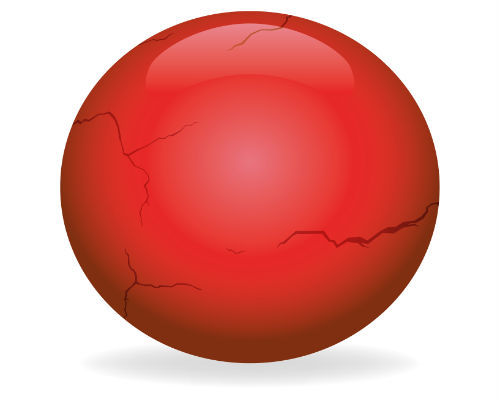
Japan is the world’s third-largest economy in terms of the GDP. Japan contributed 8.7% to the global GDP in 2009. It is also the world’s fourth largest exporter and fifth largest importer.
Trade with other countries
The total trade is to the tune of US$ 27,563 bn. The tables show the breakup of major imports and exports of the country.
Japan’s Exports (2011/1)
| Chemicals | 11.1% |
| Manufactured Goods | 13.0% |
| Machinery | 19.6% |
| Electrical Machinery | 17.0% |
| Transport Equipment | 23.7% |
| Others | 15.6% |
Source: Google
Japan’s Imports (2011/1)
| Foodstuff | 7.8% |
| Raw Materials | 7.9% |
| Mineral Fuels | 30.8% |
| Chemicals | 8.8% |
| Manufactured Goods | 8.8% |
| Machinery | 8.0% |
| Electrical Machinery | 12.9% |
| Transport Equipment | 2.4% |
| Others |
While main export partners are United States, China, European Union, South Korea and Taiwan, the import partners are China, United States, European Union, Saudi Arabia and United Arab Emirates
Japan is one of the main producers of the AV equipment, electronic components, semicons and tech products. It produces 40% of the world’s electronics components, including materials and parts for chips, LCD TVs and advanced batteries.
Japan’s share in global tech production – 2010E
| IT Solutions | 10% |
| Semicon | 20% |
| Display Devices | 25% |
| Electric Components | 40% |
| Other Electric Equipments | 22% |
| Computer Terminals | 18% |
| Communication Equipment | 13% |
| AV Equipment | 44% |
Source: CLSA
This may disrupt supply of components and materials, causing shortages in these industries.
Steel: Japan accounts for 7.8% of production and 4.6% of consumption. While currently 2 steel mills have suspended work, other steel makers will have to cut production due to power rationalizing. On the consumption side, automobile industry is the main consumer. Suzuki, Toyota etc have announced plans to halt production temporarily. However, these cuts would not lead to a surplus in global steel market, since Japan accounts for less than 1% of global imports. Once a sense of normality returns however, metals consumption is likely to increase for reconstruction efforts.
Coal, (thermal and coking) would see the greatest impact from Japans situation. For coking coal, Japan’s share of the global import market is over 23%. Also it is the main price setter for the global market.
Japan is the net importer and third largest consumer of Crude oil at 5.1% share in world consumption.
Four key refineries in Japan have been shut down due to the earthquake. These four refineries constitute about 21% of total capacity in the country. Shut down in Japan’s refineries will create huge demand for petroleum products.
However, the impact on the global economy will not be that severe. According to the International Monetary Fund (IMF), Japan represented 8.7% of global GDP as of 2010 and was expected to grow 1.5% in 2011E. Japan’s GDP as a share of the world has dropped from roughly 17% of the world in 1990 to 8% today, means that from the late 1980s to the present, as a share of global GDP, the Japanese trade surplus dropped by more than half. Also it exports more than it imports, thus a decrease in demand in Japan doesn’t spill over much into the global economy. As per some economists, this will be positive for some economies and companies around the world. Japan is more dependent on export-led growth. This will give opportunities for other countries to aid the country in their reconstruction work. Also many Japanese companies will have to increase the production in their plants in locations outside the country till work
While other set of economists have contradicting views. As per them, the global economy is facing lower consumption from the developed economy and public finances are in a dire state. Japan being a major global investor, the FDI flows would reduce. Also Japan’s debt will swell to 997.7 trillion yen (US$ 12 trillion). This is 210% of its GDP.
While Japan already suffered from Depression, Deflation and Demography, now with the Disaster and Destruction, the Debt problem will also rise.